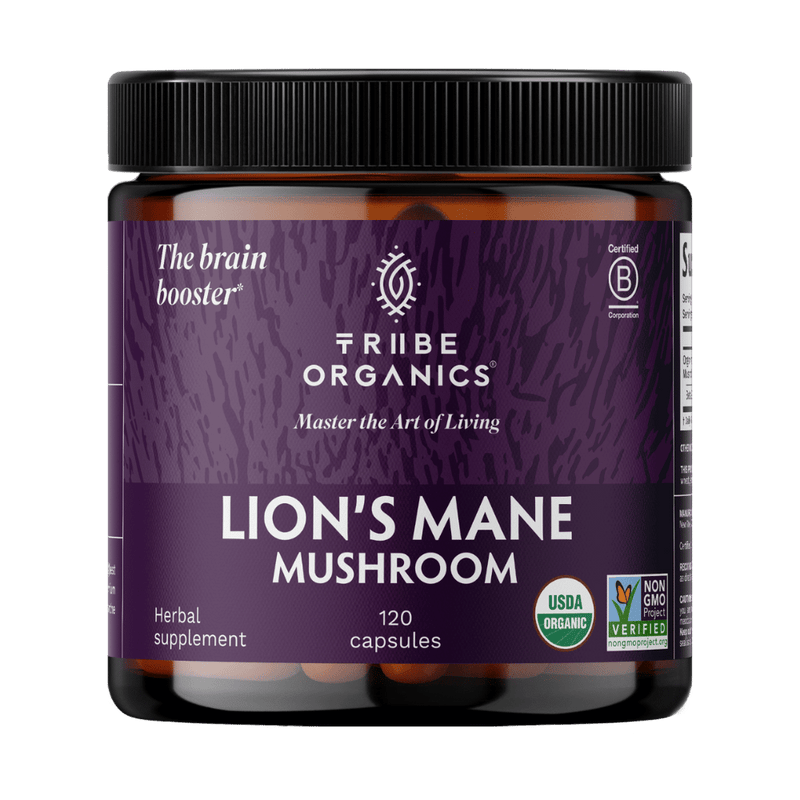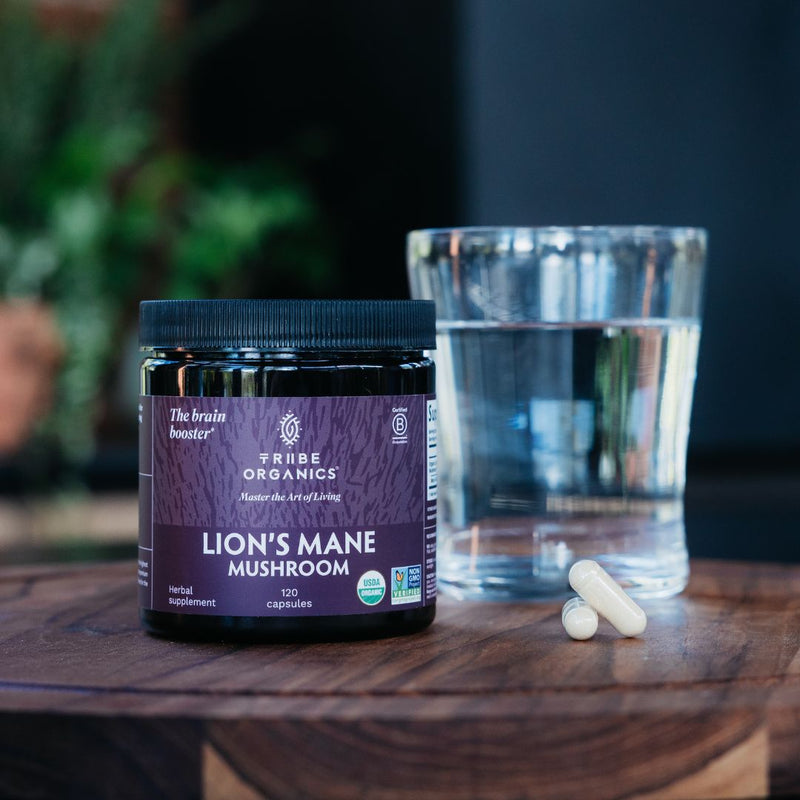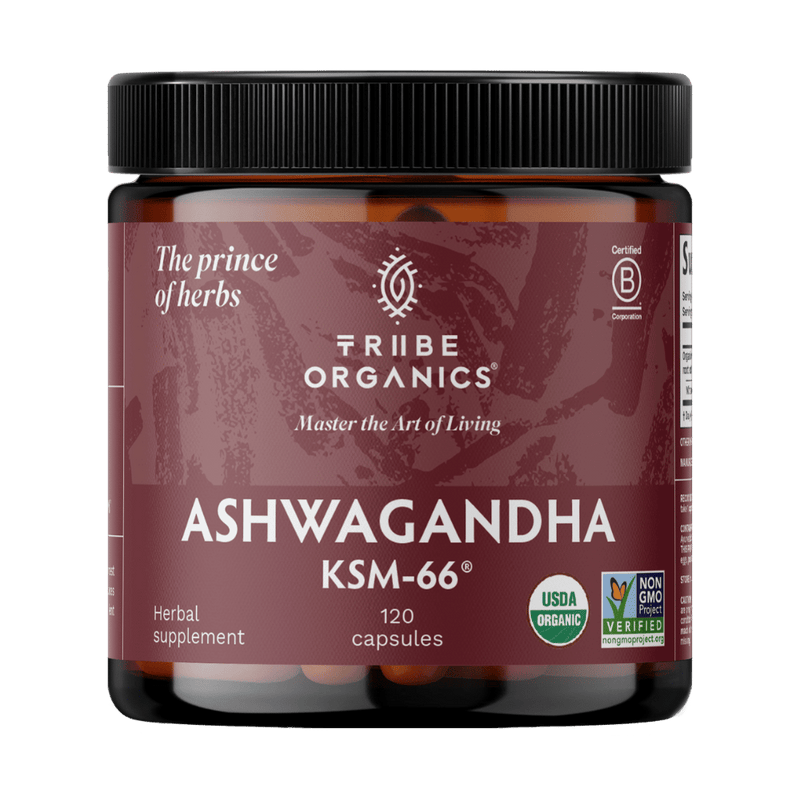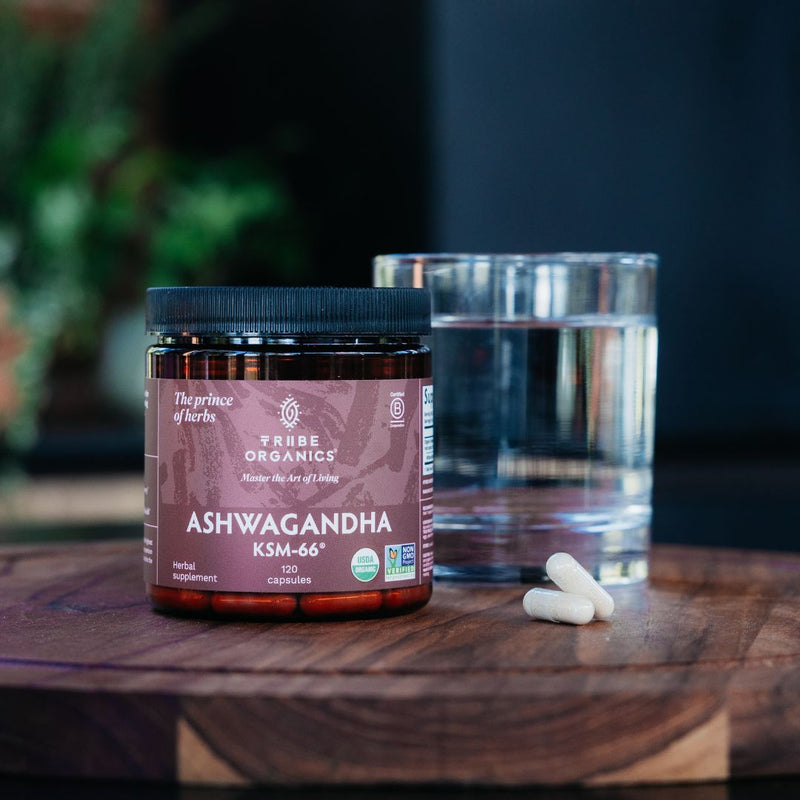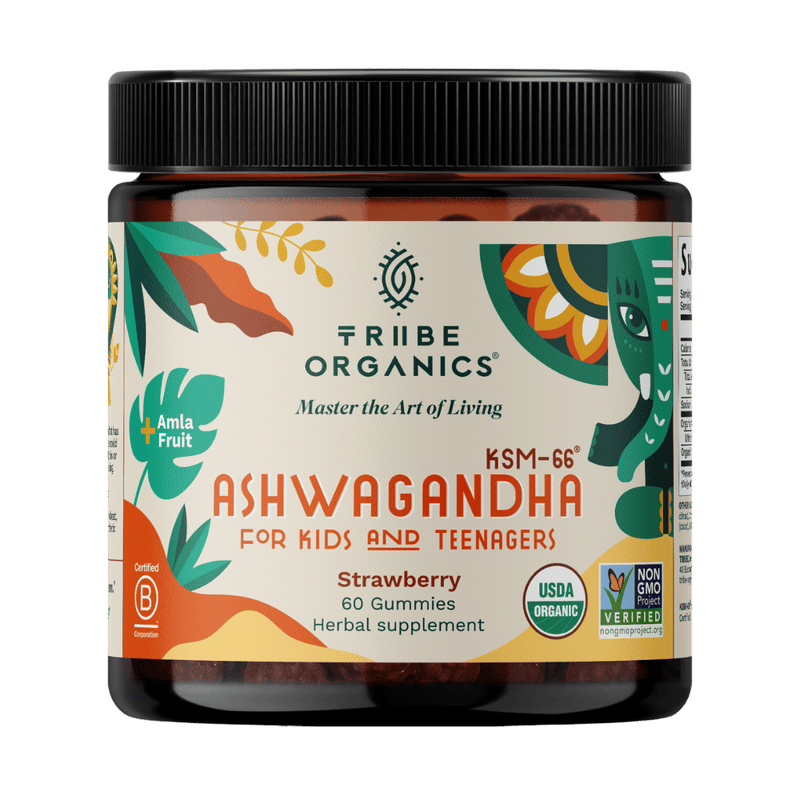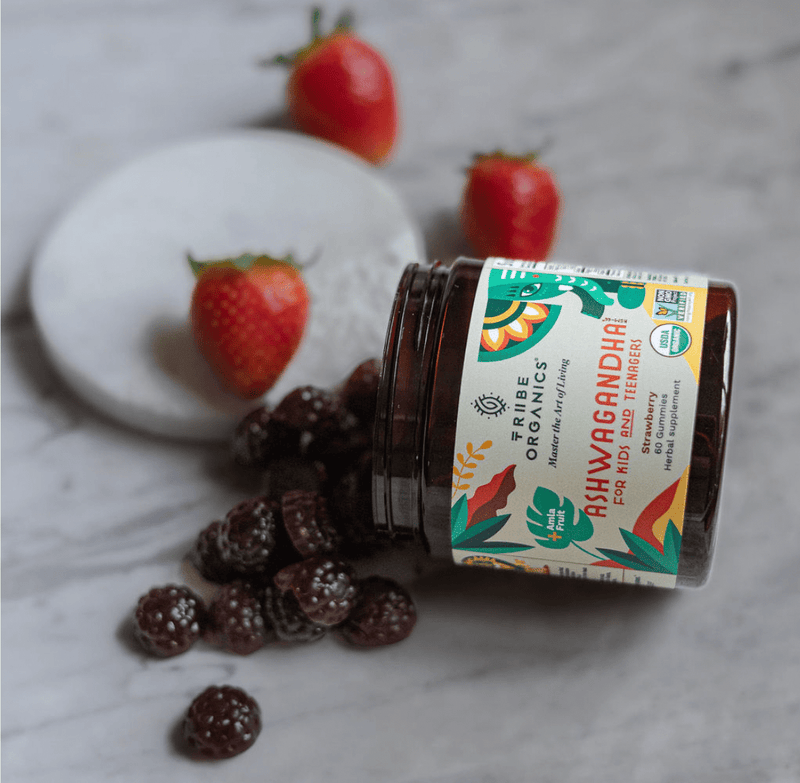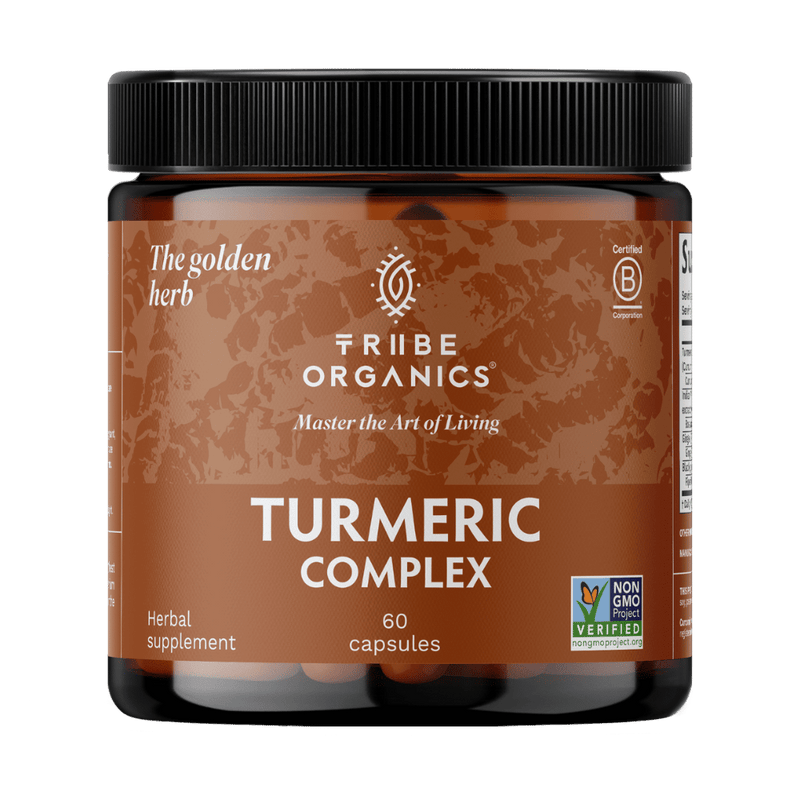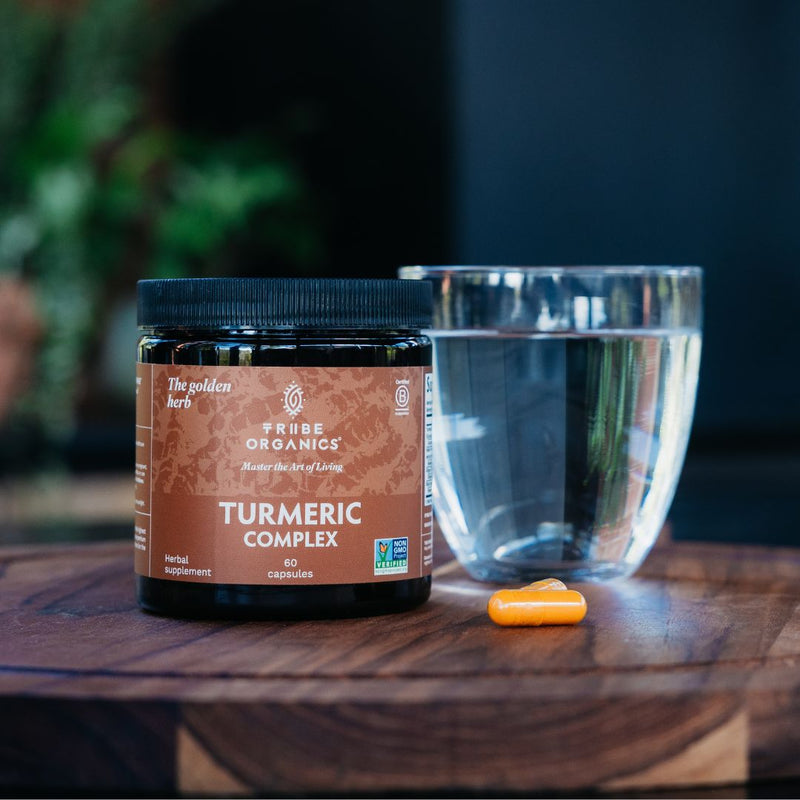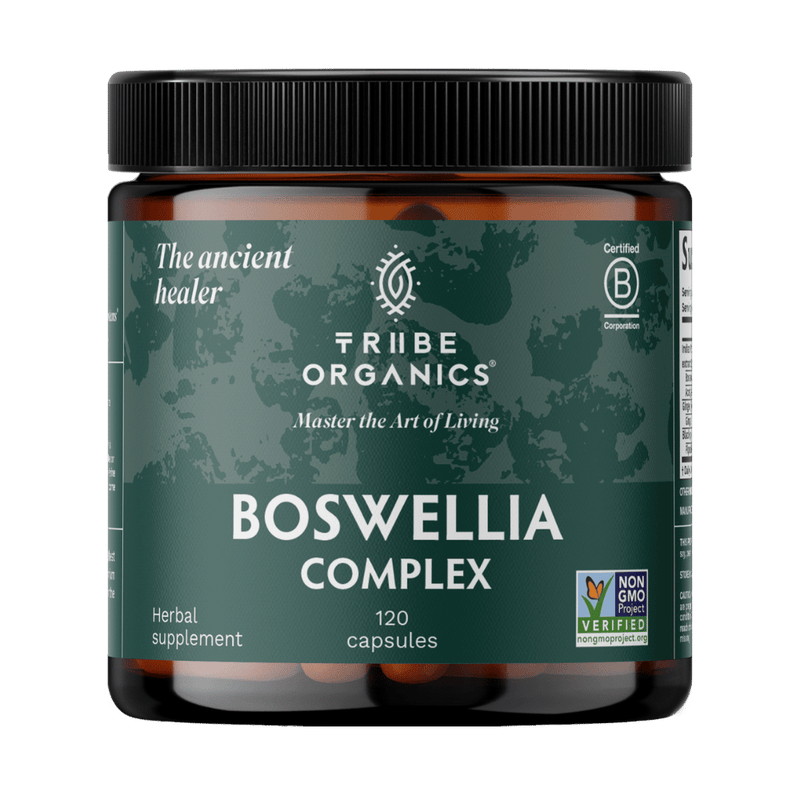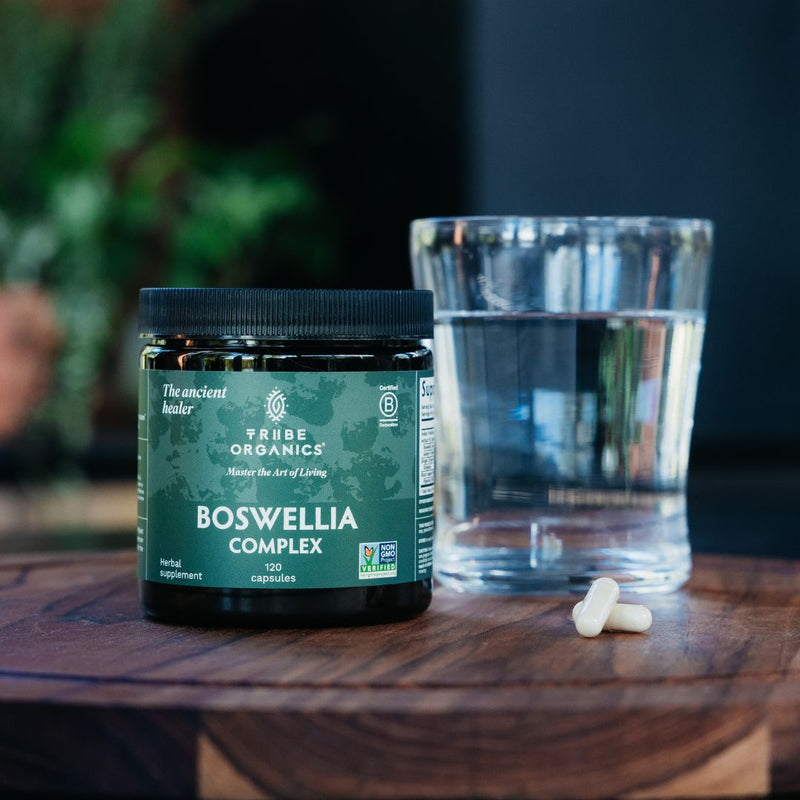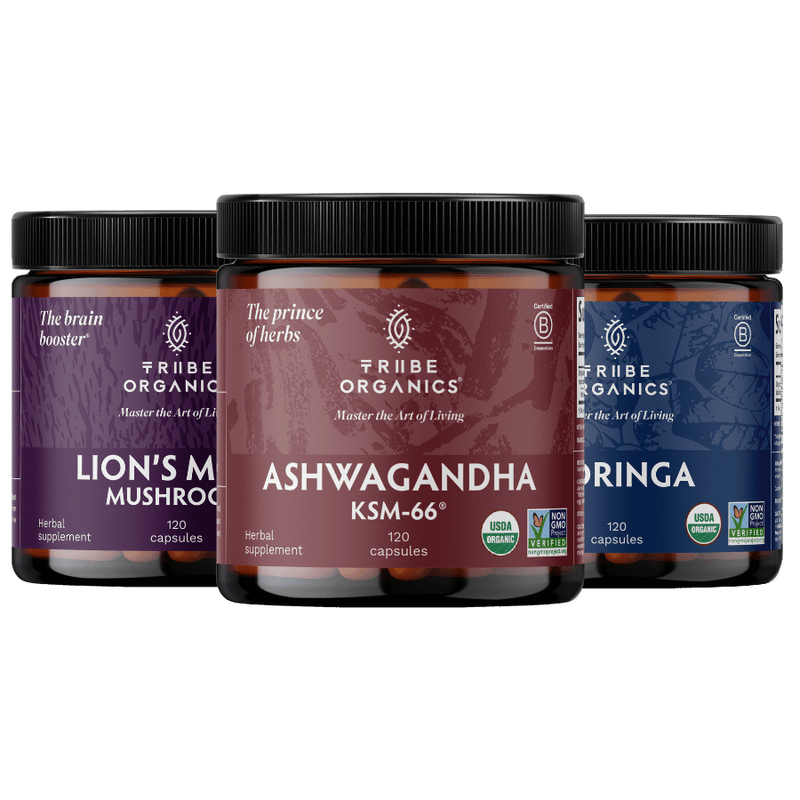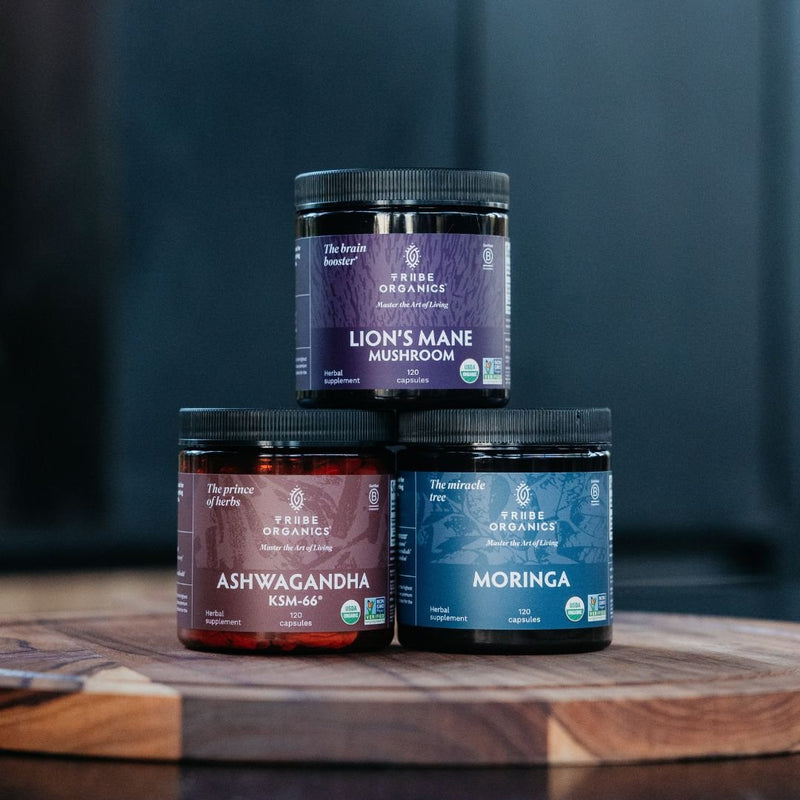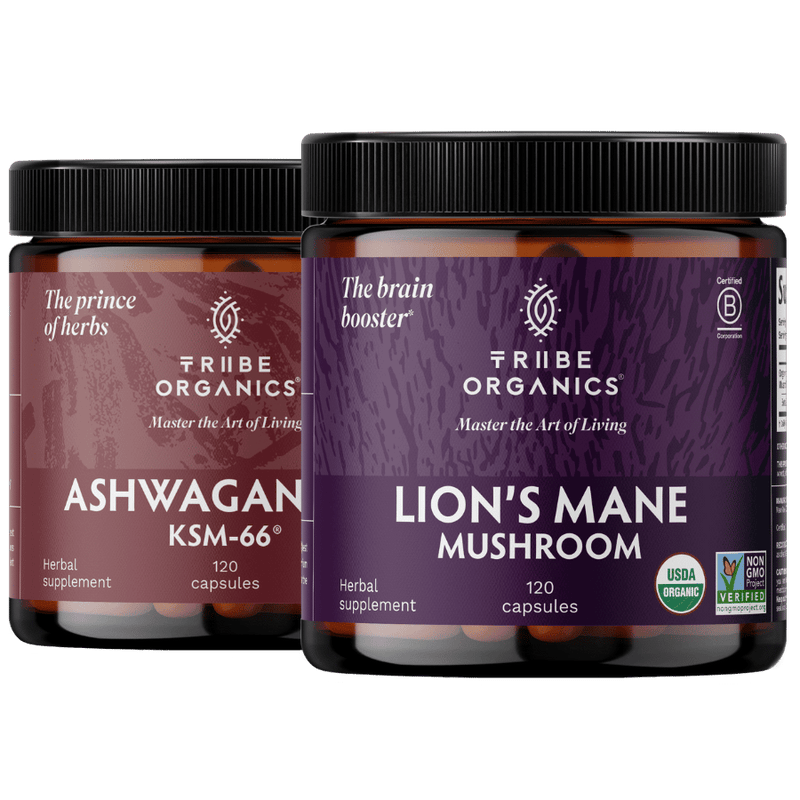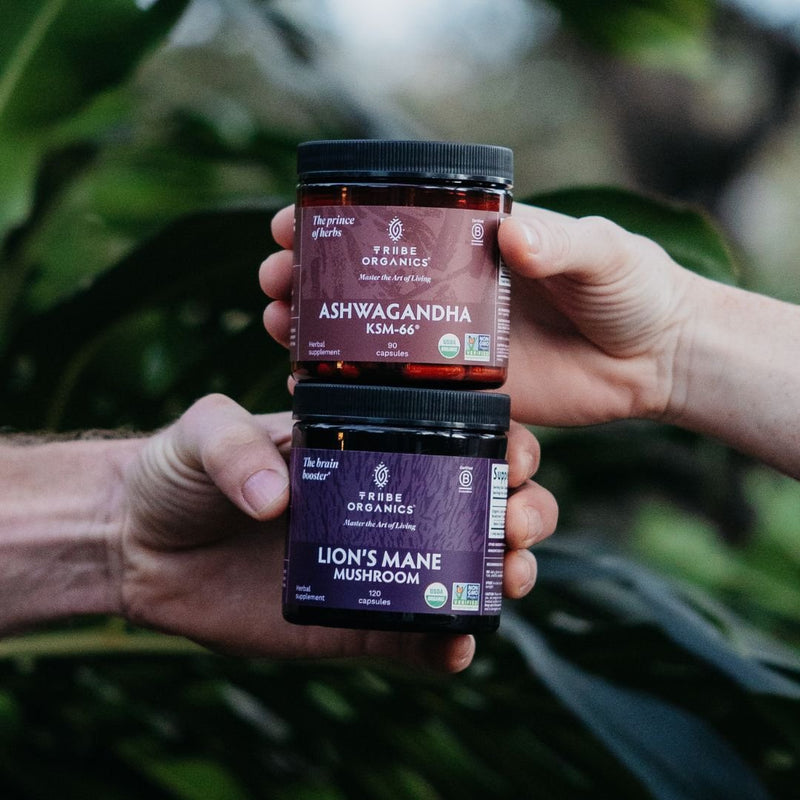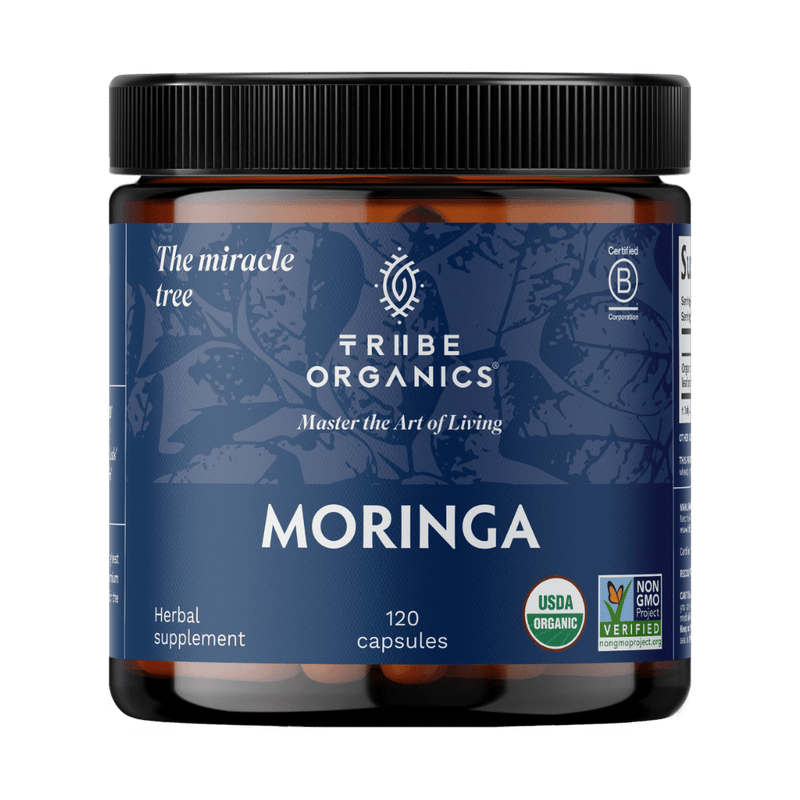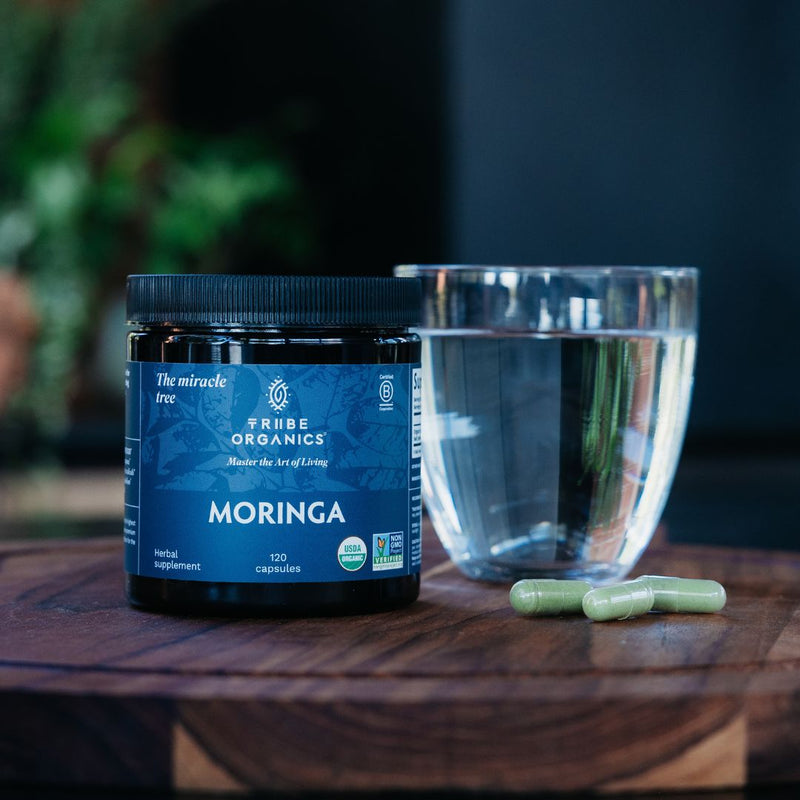Key Takeaways
- Ashwagandha and l theanine work synergistically by targeting different stress pathways - l theanine provides immediate calm through alpha brain waves while ashwagandha regulates cortisol for long-term stress resilience
- The combination offers both rapid relief (l theanine within 30-60 minutes) and sustained benefits (ashwagandha over 4-8 weeks of consistent use)
- Together they enhance GABA activity, balance neurotransmitters, and support both acute stress management and chronic stress adaptation
- Clinical research shows the combination is more effective than either supplement alone for anxiety reduction, sleep quality, and cognitive performance under stress
- Safe dosing typically involves 100-200mg l theanine with 300-600mg ashwagandha daily, with minimal risk of interactions when used together
In our increasingly demanding world, the search for effective stress management solutions has led many to explore the powerful synergistic effects of combining two remarkable natural supplements: ashwagandha and l theanine. While each of these compounds offers distinct benefits individually, emerging research reveals that their combined use creates a comprehensive approach to stress relief that addresses both immediate anxiety and long-term stress resilience.
This ancient wisdom meets modern science approach combines the rapid-acting calming amino acid l theanine with the adaptogenic powerhouse ashwagandha extract, creating what researchers describe as a “bridging effect” - immediate relief paired with sustained protection against everyday stress. Understanding how these two natural supplements work together can transform your approach to managing stress and anxiety levels while supporting overall mental and physical health.
Understanding the Individual Mechanisms
Before exploring the remarkable synergistic effects of ashwagandha and l theanine, it’s essential to understand how each supplement functions independently. This foundation knowledge reveals why their combination creates such powerful stress-relieving properties and enhanced mental clarity.
Both compounds target the body’s stress response system through different pathways, with l theanine providing rapid neurochemical changes while ashwagandha works as a long-term adaptogen to support stress resilience. L-Theanine typically provides rapid relief for situational stress, while ashwagandha takes longer for its effects to build up. This complementary timing - immediate versus cumulative effects - forms the basis of their synergistic relationship.
L-Theanine’s Neurochemical Pathway
L theanine, the calming amino acid found primarily in green tea, demonstrates remarkable ability to cross the blood brain barrier within just 30 minutes of ingestion. Once it reaches brain tissue, this amino acid triggers a cascade of neurochemical changes that promote relaxation without inducing drowsiness. L-Theanine is often consumed in supplement form or through green tea, taken orally with water.
The supplement increases GABA production, the brain’s primary inhibitory neurotransmitter, creating immediate calming effects. Simultaneously, l theanine administration stimulates alpha brain waves - the same brain wave patterns associated with meditation and relaxed focus. This unique combination allows for what researchers call “relaxed alertness,” where anxiety diminishes while cognitive function remains sharp.
Additionally, l theanine modulates dopamine and serotonin levels, contributing to improved mood balance and stress reduction. Unlike many calming agents, this calming amino acid found in green tea extract achieves these effects without interfering with normal cognitive performance or causing sedation.
Ashwagandha’s Adaptogenic Response
Ashwagandha works through an entirely different mechanism, functioning as a true adaptogen that helps the body manage stress more effectively over time. The active compounds called withanolides regulate stress hormone production, particularly targeting the hypothalamic-pituitary-adrenal (HPA) axis that controls our stress response. Ashwagandha can be taken as a powder, capsule, or liquid extract, preferably mixed with water, juice, or smoothies.
Clinical studies show that ashwagandha supplementation can reduce cortisol levels by up to 30% in chronically stressed individuals over 4-8 weeks of consistent use. Ashwagandha requires regular use over 4-8 weeks to achieve optimal results. This ashwagandha root extract doesn’t simply suppress stress hormones but rather helps normalize the body’s stress response system, supporting healthier cortisol patterns throughout the day.
The herb also supports parasympathetic nervous system activation, promoting the “rest and digest” state that’s essential for restorative sleep and recovery. This is why ashwagandha works particularly well for those experiencing adrenal fatigue or chronic stress-related exhaustion.

The Science Behind Synergistic Effects
The true power of combining ashwagandha and l theanine lies in their complementary mechanisms that create enhanced benefits beyond what either supplement achieves alone. This synergistic effect occurs through multiple pathways that address both immediate stress responses and long-term stress adaptation.
Research indicates that while l theanine provides rapid GABA enhancement through direct neurotransmitter modulation, ashwagandha works indirectly by mimicking GABAergic activity. This dual approach creates what scientists describe as a “multiplier effect” for promoting relaxation and reducing anxiety.
Immediate and Long-Term Stress Response
The combination creates a comprehensive stress management approach by addressing both acute and chronic stress patterns. L theanine provides immediate relief for situational anxiety and pressure, making it ideal for managing stress during specific challenging events or high-pressure situations.
Meanwhile, ashwagandha builds resilience against chronic stress over weeks of consistent use, preventing the long-term negative effects of elevated stress hormone cortisol. This protective and reactive stress management approach means users experience both immediate comfort and developing stress resilience.
Clinical studies comparing combination therapy versus individual supplement use consistently show superior outcomes when both compounds are used together. Participants report not only faster onset of anxiety relief but also sustained benefits lasting 6-8 hours, significantly longer than either supplement provides individually.
The combined effect on lowering cortisol levels proves particularly significant. While l theanine helps prevent acute cortisol spikes during stressful events, ashwagandha works to lower baseline cortisol production, creating comprehensive stress hormone regulation.
Neuroplasticity and Cognitive Enhancement
Beyond stress relief, the ashwagandha and l theanine combination demonstrates remarkable effects on cognitive function under pressure. L theanine maintains attention and focus during acute stress by modulating beta and theta waves while promoting alpha brain wave activity associated with calm concentration.
Ashwagandha contributes neuroprotective effects and supports memory consolidation, particularly during periods of chronic stress when cognitive decline often occurs. The herb’s adaptogenic properties help protect against stress-induced damage to brain cells while supporting healthy neural communication.
Together, these two natural supplements create synergistic enhancement of working memory, attention span, and executive function even during high-stress periods. Research shows this combination helps maintain cognitive performance when stress levels would typically impair mental clarity and decision-making abilities.

Proven Benefits of the Combination
Clinical evidence increasingly supports the superior effectiveness of combining ashwagandha and l theanine compared to using either dietary supplement individually. Quantified improvements across multiple health markers demonstrate the significant health benefits of this synergistic approach to stress management.
Studies involving healthy adults show 30-40% greater reduction in perceived stress scores when participants use the combination versus either supplement alone. This enhanced effectiveness extends across multiple domains of mental health and cognitive enhancement.
Enhanced Anxiety and Stress Relief
Placebo controlled study data reveals that the combination provides faster onset of anxiety relief with sustained benefits lasting significantly longer than individual supplementation. Participants typically experience noticeable effects within 30 minutes of l theanine administration, with ashwagandha’s effects building over weeks to create lasting stress resilience.
Biomarker improvements include significant reductions in cortisol, inflammatory markers, and other stress indicators. The combination appears particularly effective for generalized anxiety disorder, with clinical trials showing superior outcomes compared to individual supplement protocols.
Users report not only reduced anxiety but also improved ability to handle everyday stress situations. This enhanced stress resilience translates into better performance at work, improved relationships, and greater overall life satisfaction.
Superior Sleep Quality and Duration
The synergistic effects extend powerfully into sleep improvement, with the combination addressing multiple factors that contribute to poor sleep quality. L theanine reduces sleep latency - the time needed to fall asleep - by promoting relaxation without sedation. Additionally, L-Theanine enhances the duration and quality of sleep by increasing production of GABA and serotonin, neurotransmitters relevant for sleep. L-Theanine has been found to help quiet racing thoughts, making it easier to fall asleep.
Ashwagandha improves sleep architecture by supporting deeper sleep phases and reducing nighttime cortisol levels that often disrupt rest. Clinical data shows the combination produces 45% improvement in sleep quality scores compared to baseline measurements.
Participants using both supplements report falling asleep faster, experiencing fewer nighttime awakenings, and waking with improved energy levels. This improve sleep quality effect appears particularly pronounced in individuals dealing with stress-related insomnia or adrenal fatigue.
The improving sleep quality benefits create a positive cycle, as better rest enhances the body’s natural stress resilience and supports optimal cognitive function during waking hours.
Cognitive Performance Under Stress
Perhaps most remarkably, the combination maintains and even enhances cognitive function during high-pressure situations when stress typically impairs mental performance. Research shows improved working memory, sustained attention, and executive function even during periods of significant life stress.
This cognitive protection appears to result from the combination’s ability to maintain optimal neurotransmitter balance while supporting the brain’s stress response systems. Users report enhanced mental clarity, better decision-making under pressure, and improved learning capacity even during challenging periods.
The neuroprotective effects also show promise for preventing stress-induced cognitive decline over time, suggesting potential long-term brain health benefits beyond immediate stress relief.
Optimal Dosing and Timing Strategies
Evidence-based dosing protocols for maximizing the synergistic effects of ashwagandha and l theanine depend on individual goals, stress levels, and response patterns. Understanding optimal timing and dosing helps ensure maximum benefit while minimizing any potential side effects.
Most research supports starting with conservative doses and adjusting based on individual response. This approach allows users to find their optimal balance while monitoring how their body responds to the combination.
Standard Dosing Protocols
For l theanine, effective doses typically range from 100-200mg, taken 1-3 times daily depending on stress levels and individual sensitivity. The calming amino acid can be used as needed for acute stress or taken regularly for ongoing anxiety management.
Ashwagandha dosing generally ranges from 300-600mg daily, preferably taken with meals to reduce potential gastric irritation. The ashwagandha extract should be used consistently for optimal adaptogenic benefits, as its effects build over time rather than providing immediate relief.
When combining these dietary supplements, many healthcare professional recommendations suggest starting with 100mg l theanine and 300mg ashwagandha daily, then adjusting based on response. Combining L-Theanine and Ashwagandha involves taking 200 mg of L-Theanine with 300 mg of high-quality ashwagandha. Some individuals may benefit from higher doses, while others achieve excellent results with lower amounts.
Cycling recommendations suggest using ashwagandha for 6-8 week periods followed by 2-week breaks to maintain effectiveness and prevent tolerance. L theanine can be used continuously or as needed without significant tolerance concerns.
Timing for Maximum Benefit
Morning protocols often include l theanine with caffeine from green tea for calm focus throughout the day, combined with ashwagandha taken with breakfast for sustained stress support. L-Theanine is often taken in the morning or early afternoon to promote relaxation without drowsiness. This timing leverages l theanine’s immediate effects while allowing ashwagandha to build throughout the day.
Evening protocols focus on both supplements taken 1-2 hours before bed to support sleep quality and overnight recovery. Ashwagandha is generally recommended to be taken in the evening to improve sleep quality and provide stress relief. This timing particularly benefits those with stress-related sleep issues or elevated nighttime cortisol levels.
For situational stress management, l theanine can be taken 30 minutes before anticipated stressful events, while maintaining daily ashwagandha supplementation provides the foundation of stress resilience.
Long-term success often involves adjusting timing based on individual circadian rhythms and stress patterns. Some people respond better to morning dosing, while others benefit more from evening supplementation.

Safety Profile and Contraindications
The safety profile of ashwagandha and l theanine combination proves generally excellent for most healthy adults, with minimal documented adverse effects when used appropriately. However, understanding potential interactions and contraindications remains essential for safe supplementation.
L theanine demonstrates an exceptionally clean safety profile with minimal documented side effects or drug interactions. The amino acid’s gentle action and natural presence in green tea contribute to its excellent tolerability across diverse populations.
Drug Interactions and Medical Conditions
Ashwagandha requires more careful consideration due to potential interactions with certain medications. The herb may interact with thyroid medications by potentially increasing thyroid hormone levels, requiring monitoring for individuals with thyroid conditions.
Blood pressure medications may be affected by ashwagandha’s potential to lower blood pressure, though this effect is generally mild. Individuals taking antihypertensive drugs should monitor their blood pressure and consult their healthcare provider when starting supplementation.
Immunosuppressant medications present another consideration, as ashwagandha may stimulate immune system activity. People taking medications to suppress immune function should avoid ashwagandha or use it only under medical supervision.
Autoimmune conditions including rheumatoid arthritis, lupus, and multiple sclerosis may be contraindications for ashwagandha use, as the herb’s immune-stimulating effects could potentially worsen these conditions.
Pregnancy and breastfeeding represent periods when ashwagandha should be avoided due to insufficient safety data, while l theanine appears safe but should still be discussed with healthcare providers.
Special Considerations for Underlying Health Conditions
Individuals with underlying health conditions should approach supplementation carefully and work with their healthcare provider to determine appropriate protocols. This is particularly important for those taking multiple medications or managing chronic health issues.
People with diabetes should monitor blood sugar levels when starting ashwagandha, as the herb may help lower blood glucose. While generally beneficial, this effect could potentially interact with diabetes medications.
Those with existing sleep disorders should start with lower doses and monitor response, as the combination’s sleep-promoting effects might interact with sleep medications or underlying sleep pathology.
Mental health conditions requiring medication management need careful consideration, as both supplements can affect neurotransmitter systems. While generally complementary to mental health treatment, professional guidance ensures safe integration with existing therapies.
Choosing Quality Supplements and Products
Selecting high-quality ashwagandha and l theanine supplements requires understanding key quality markers that distinguish effective products from inferior alternatives. The supplement industry’s variable quality standards make informed selection crucial for achieving desired synergistic effects.
Third-party testing represents the gold standard for supplement quality verification. Reputable manufacturers provide certificates of analysis showing purity, potency, and absence of contaminants including heavy metals, pesticides, and microbials.
Ashwagandha standardization should specify withanolide content, typically ranging from 1.5% to 12% depending on extraction methods. KSM-66 and Sensoril represent well-researched, standardized extracts with extensive clinical backing for their effectiveness and safety profiles.
L theanine should be sourced as pure amino acid rather than green tea extract to ensure consistent dosing and avoid unwanted caffeine content. Suntheanine represents a patented form with extensive research supporting its bioavailability and effectiveness.
Combination products offer convenience but require careful evaluation of individual ingredient dosing. Some formulations provide suboptimal doses of one or both compounds, making separate supplementation potentially more effective for achieving therapeutic benefits.
Bioavailability enhancers like black pepper extract (piperine) may improve absorption, though they can also increase absorption of other substances and medications. Consider individual sensitivity and medication interactions when choosing enhanced formulations.
Manufacturing standards including GMP (Good Manufacturing Practices) certification, organic sourcing where applicable, and transparent labeling indicate commitment to quality and consumer safety.
Cost-effectiveness considerations should balance price with quality markers. While premium products often justify higher costs through superior sourcing and testing, extremely low-priced options may indicate quality compromises that affect effectiveness.
Frequently Asked Questions
Shop best sellers
Explore our collection of favorite items that have gained popularity for their quality and satisfaction.



